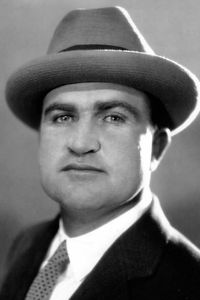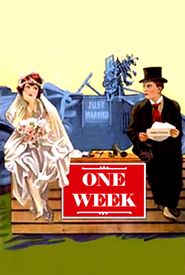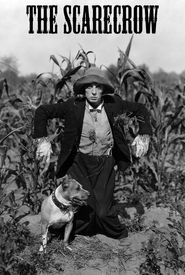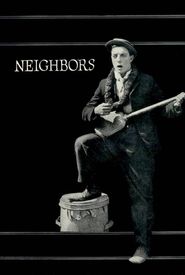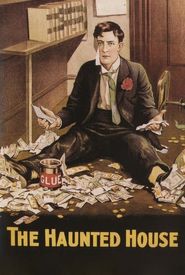Edward "Eddie" Cline's illustrious career in the film industry commenced as a Keystone Kop, marking the beginning of his multifaceted journey as an actor, gagman, and scenario writer.
As a former vaudevillian, Cline's early appearances in films were sporadic, yet he gradually shifted his focus towards the behind-the-scenes aspects of filmmaking, working as a gagman and scenario writer for Mack Sennett.
From 1916 onwards, Cline's involvement in the film industry became more consistent, as he worked on a steady stream of two-reelers, either as a director or assistant director, for notable comedians such as Buster Keaton, Ford Sterling, and Mack Swain.
Cline's expertise in slapstick comedy, coupled with his impeccable timing, made him a highly sought-after professional in Hollywood during the 1920s, with short-term contracts at prominent studios including Fox, Pathe, First National, MGM, and Paramount.
As the sound era dawned, Cline's employment periods became more stable, particularly at Universal Studios from 1939 to 1945. He developed a special rapport with comedian W.C. Fields, who often demanded Cline's participation, much to the frustration of the studios.
In one instance, Cline replaced director Edward Sedgwick on the Fields comedy You Can't Cheat an Honest Man (1939) after just two days of shooting, as the two failed to see eye-to-eye. Cline would frequently rehearse with Fields, standing in for the character, and later edit out unwanted ad-libs, which often resulted in the camera crew cracking up and ruining the take.
Cline directed Fields in some of his most iconic comedies, including My Little Chickadee (1940) and The Bank Dick (1940),with the climactic car chase in the latter largely attributed to Cline's input. He also collaborated with Buster Keaton once more for the anachronistic slapstick farce The Villain Still Pursued Her (1940).
As the mid-1940s approached, Cline's output began to dwindle, and he ultimately retired from directing in 1951.
